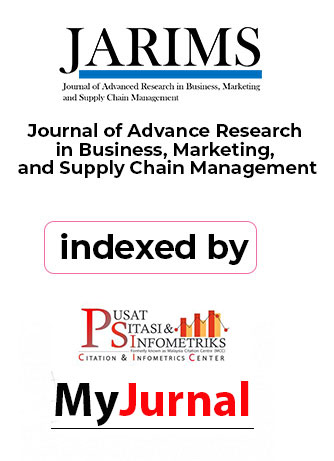Lee Lai Meng
ABSTRACT
Student loyalty is a major goal of education institutions due to its various benefits like competitive advantage, providing financial support and influence teaching quality via committed behaviour. The objectives of this study were to determine the level of student loyalty in Private HEIs in Malaysia and to determine the effects of service quality, reputation and relationship benefits on student loyalty. Using a personally administered questionnaire survey, 400 students from the various Private HEIs statuses: University, University College, Foreign University Branch campus and College, participated in this study. The findings found that the loyalty levels of students’ in Malaysian Private HEIs are moderate. Empirical evidence concludes that service quality; reputation and relationship benefits have significant effects on students’ loyalty. Among these three drivers, reputation was the most important factor affecting student loyalty, followed by relationship benefits and lastly, service quality. The findings in this study can be used by managers of Private HEIs in Malaysia to better understand their students’ perceptions, and help them in developing competitive strategies that differentiate themselves from competitors and to win student loyalty in an aggressive and competitive education market.
Keywords: Service quality; relationship benefits; reputation; student loyalty





